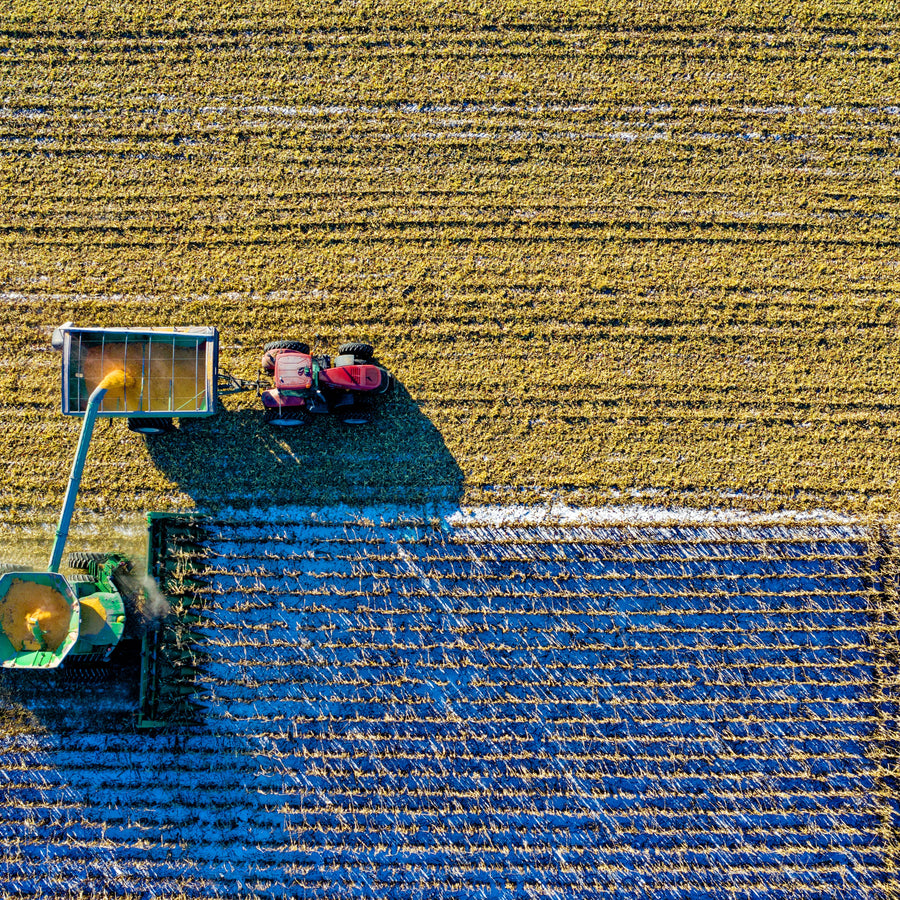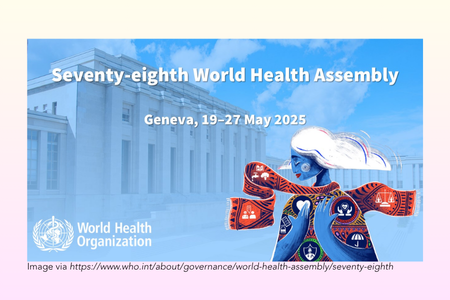COP28 raises the need to highlight the link between nutrition and climate change

Climate change is impacting what we eat. As we approach the start of Conference Of all Parties (COP28), a key area to highlight is the impact that climate change has on nutrition, particularly micronutrients. Threats to the nutritional content of food will occur in a world where billions of people are already impacted by food insecurity. Currently 3 billion people - about 40 percent of the world’s population - cannot afford a healthy diet with sufficient nutritious, micronutrient rich foods.
The impacts of climate change on nutrition and micronutrients are complex. Climate change creates volatility in food availability, quality, price, and overall caloric consumption and an increasing number of extreme weather events are reducing yields and pushing down food production. Climate change induced rises in the prevalence of waterborne diseases and other health conditions will increase the micronutrient needs of individuals In addition, micronutrient deficiencies are a common, but often overlooked consequence of a humanitarian crisis, emergency, or disaster which are only likely to increase due to climate change.
More than 1 billion women and children could lose much of their dietary iron intake, putting them at great risk for anemia and other diseases. Iron deficiency anemia (IDA) and iron deficiency (ID) are the most common micronutrient deficiency in the world and it can have devastating long-term and generational consequences. IDA/ID are a symptom of hidden hunger, which is a chronic lack of necessary vitamins and minerals in a person’s diet. People who live at the intersection of one or more vulnerability, such as gender, poverty, or food insecurity are at the greatest risk for experiencing micronutrient deficiencies. IDA impairs cognitive function, which lowers learning and wage potential. It weakens the immune system, which increases the risk of infections and poor health. Maternal anemia is associated with poor pregnancy outcomes such as miscarriage, stillbirths, prematurity, and low birth weight which means that poor nutrition is passed down through generations. Anemia can cause fatigue and lead to lower productivity.
As rates of malnutrition, including micronutrient deficiencies, are likely to increase substantially due to the impacts of climate change, the failure to address IDA/ID in intervention programs consigns millions of people, particularly the most vulnerable such as women and girls, to poor health and economic setbacks. With the concurrence of conflict and climate-related natural disasters, the problem of food insecurity and malnourishment, and therefore IDA/ID, could spiral into a protracted crisis. It was estimated that in 2022, between 691 - 783 million people were hungry, which is 122 million more than in 2019. In 2022, 2.4 billion people, roughly 29.6% of the population, did not have access to regular food. Of those, it was estimated 900 million faced severe food insecurity.
The risks and impacts of climate change mean that we must urgently find ways to increase the nutritional resilience of communities, particularly those who are disproportionately impacted by climate change, as our food systems do not provide stable, affordable access to nutritious foods. In the context of the climate crisis, making staple foods - which tend to be culturally appropriate and locally available - more nutritious could help strengthen micronutrient resilience during times when other micronutrient rich foods are either unavailable or unaffordable. In the context of climate change, food fortification is a climate friendly way to deliver micronutrients, as it does not require new agricultural land or infrastructure for crop production and distribution. Therefore, it is important that climate friendly nutrition programming also consider fortification approaches to complement food based strategies.
Climate change is affecting the micronutrient content of food and COP28 will be an important moment for the world to come together and share a global vision for nutrition smart climate actions. We are encouraged to see the increasing recognition of the impacts climate change has on people’s nutrition and their micronutrient status. However, to properly tackle climate change related malnutrition, nutrition needs to be its own policy priority and not just a component to food security. Currently financing and investments for programmes which link both climate and nutrition are very limited. At COP28 we are urging leaders to also consider access to adequate and climate smart nutrition solutions. Without these nutrition specific climate solutions, there is the potential to leave millions behind.




